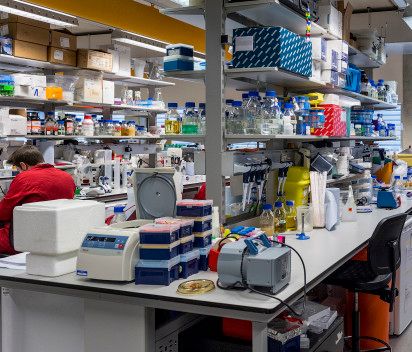BibTex format
@article{Fisher:2017:10.1038/nrmicro.2017.42,
author = {Fisher, RA and Gollan, B and Helaine, S},
doi = {10.1038/nrmicro.2017.42},
journal = {Nature Reviews Microbiology},
pages = {453--464},
title = {Persistent bacterial infections and persister cells},
url = {http://dx.doi.org/10.1038/nrmicro.2017.42},
volume = {15},
year = {2017}
}
